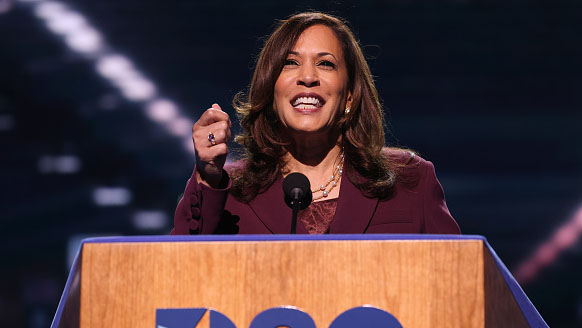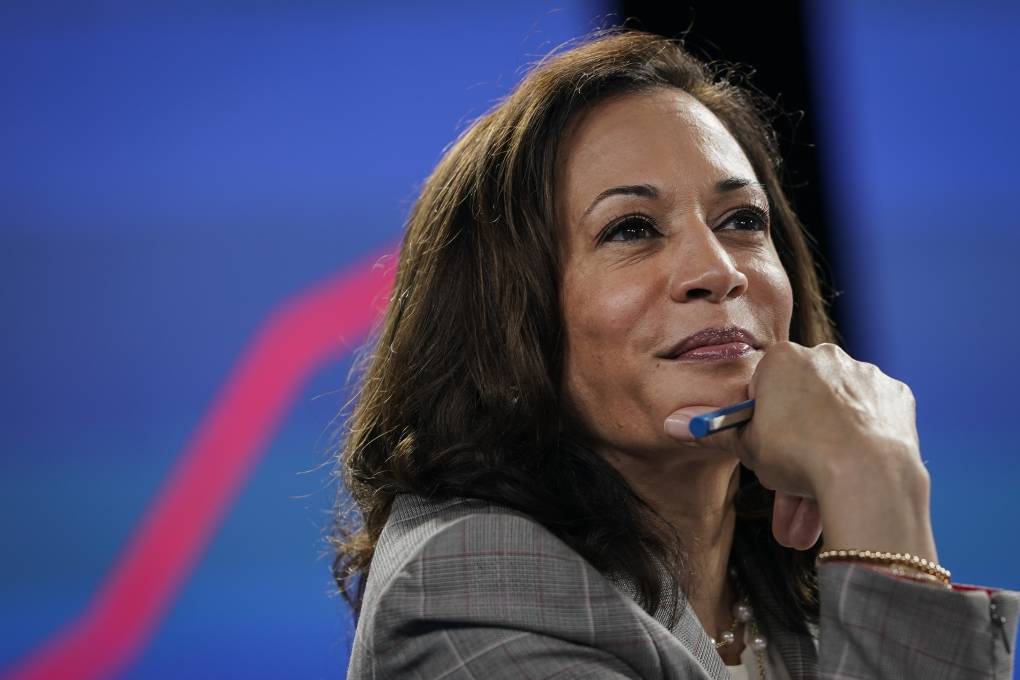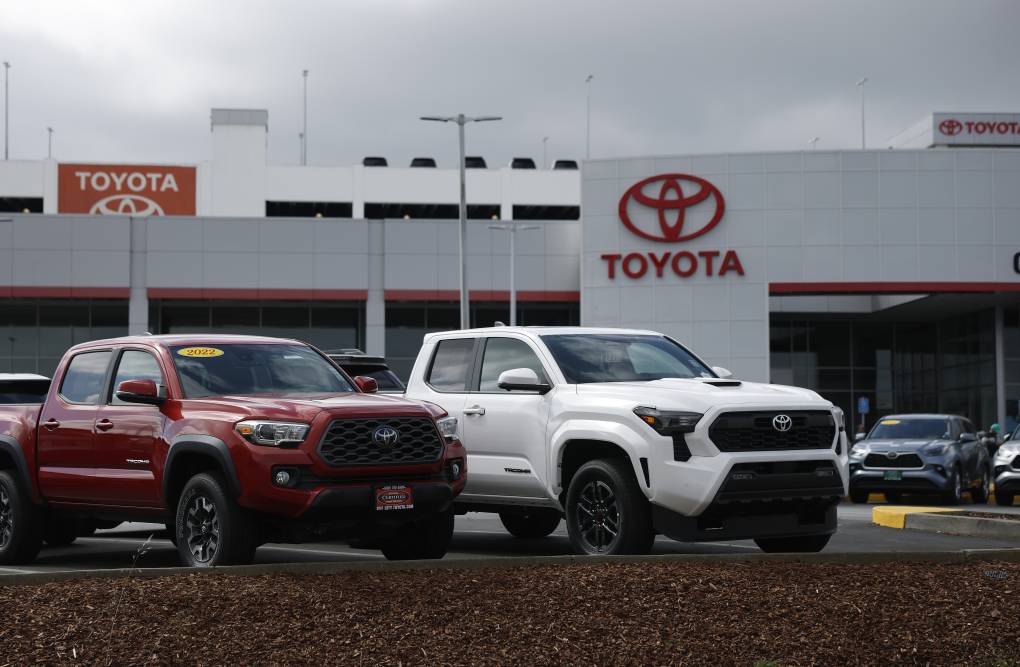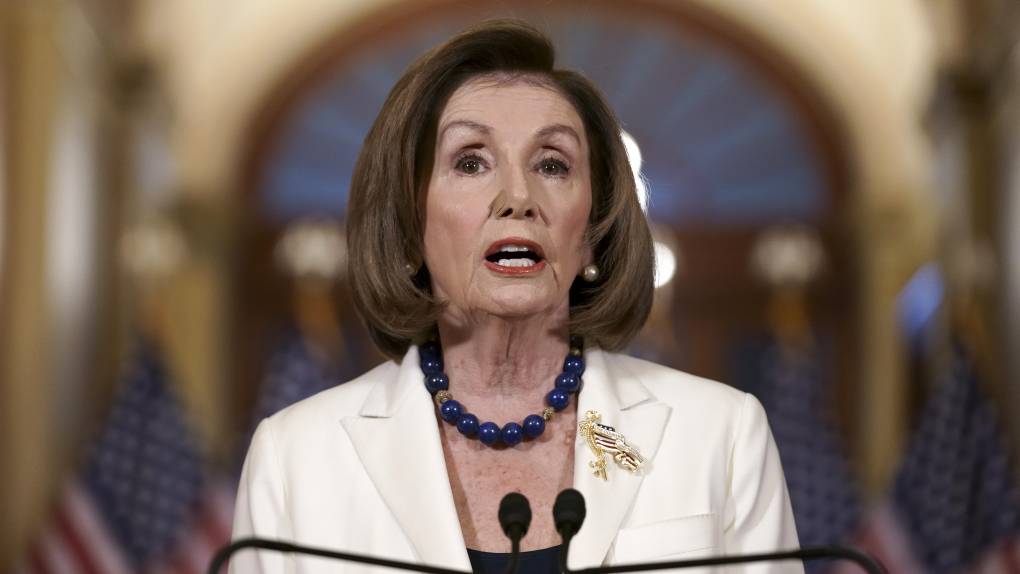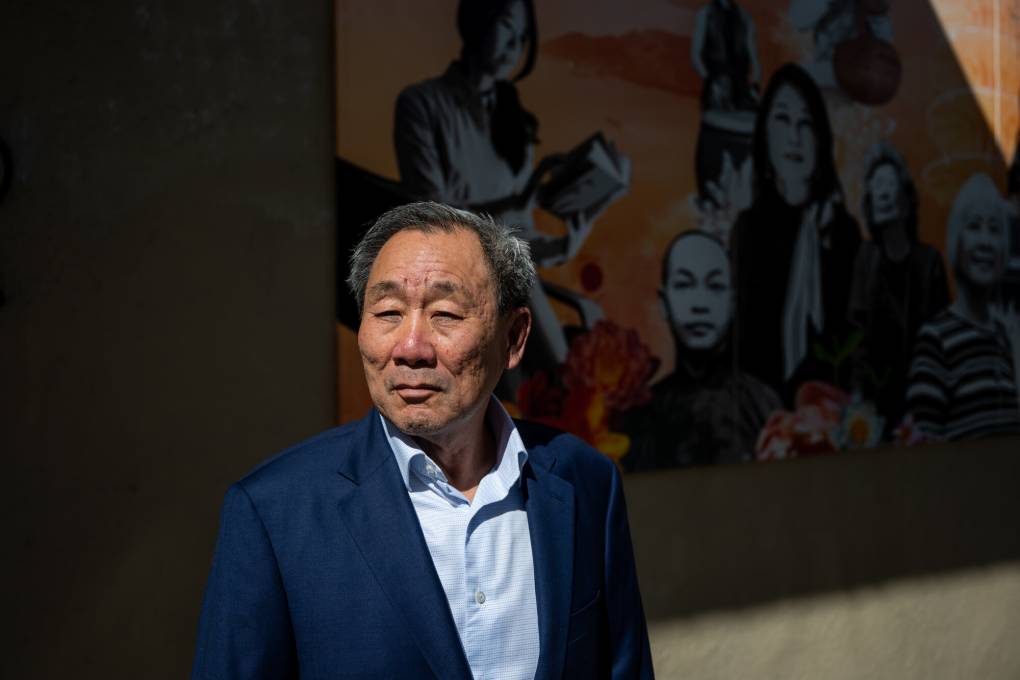Senator Kamala Harris made history Wednesday night, becoming the first woman of color to accept the Democratic nomination for vice president in a speech where she passionately articulated the lessons she learned from her own mother, and what this election will mean for generations to come.
“In this election, we have a chance to change the course of history. We’re all in this fight,” said Harris, an Oakland native who is both the first Black woman and Asian American to appear on a major party ticket.
“Years from now, this moment will have passed. And our children and our grandchildren will look in our eyes and ask us: ‘Where were you when the stakes were so high? They will ask us, what was it like?’ And we will tell them. We will tell them, not just how we felt. We will tell them what we did,” Harris said.
